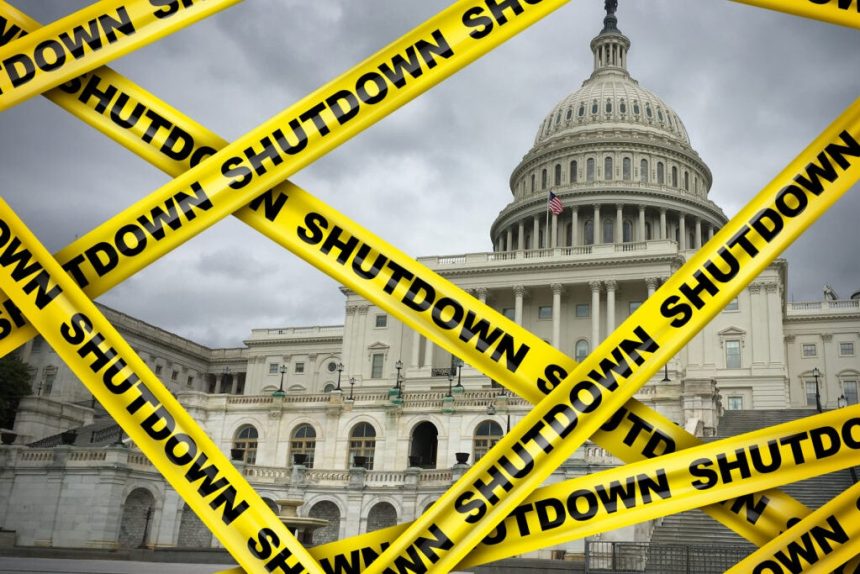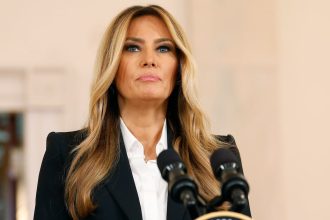As the longest government shutdown in U.S. history edges toward resolution, President Donald Trump has taken aim at Senate Minority Leader Chuck Schumer (D-N.Y.), accusing him of miscalculating his position amid a struggle for Democratic leadership.
In an appearance on Fox News’ ‘The Ingraham Angle’ with Laura Ingraham, Trump stated, “I think he made a mistake in going too far. He thought he could break the Republicans, and the Republicans broke him.” Trump asserted that the Democrats’ true intent was to secure $1.5 trillion in funding related to immigration issues. He claimed that providing healthcare for undocumented immigrants would adversely affect the healthcare available to others.
### Senate Passes Funding Bill
Despite facing discord within its ranks, the Senate managed to pass a funding bill aimed at reopening the federal government. In a decisive 60-40 vote on Monday, eight members of the Senate Democratic caucus crossed party lines to side with Republicans on the legislation. This bill includes funding for critical services such as military housing, veterans’ benefits, and the Department of Agriculture.
However, it notably did not include the Democrats’ proposal to extend enhanced subsidies under the Affordable Care Act. Only one Republican lawmaker, Senator Rand Paul from Kentucky, voted against the measure. The bill now advances to the House of Representatives, where GOP leaders are optimistic about its passage, potentially resolving the historic shutdown by midweek.
### Schumer Faces Scrutiny
The ongoing crisis in Democratic leadership and the associated government shutdown have persisted for several weeks, drawing attention to Schumer’s role in the negotiations. Some party members, like Representative Ro Khanna (D-Calif.), have publicly suggested that a change in leadership is needed.
An Axios report unveiled that while Schumer was openly at odds with Republicans regarding the shutdown, he had confidentially encouraged moderate Democrats to maintain their stance until November—timed with the onset of Affordable Care Act enrollment. By mid-October, Schumer had indicated to his caucus that he might oppose the bipartisan agreement being discussed among moderates.
### Economic Implications of Shutdown’s Conclusion
The potential end of the government shutdown carries significant implications for both the political landscape and the economy. The resumption of government operations would allow the release of previously delayed economic data, offering clearer insights into the overall economic health, which could have a direct impact on market dynamics.
Historically, the stock market has responded positively to the reopening of the government. According to Ryan Detrick, chief market strategist at the Carson Group, in 20 of the last 22 instances of government shutdowns, the S&P 500 has recorded gains in the year following the reopening, averaging over 12% returns in the next 12 months.
### Market Reactions
On Monday, the stock market reacted constructively, with the SPDR S&P 500 ETF Trust (NYSE: SPY) recording a rise of 1.56%, while the Invesco QQQ Trust ETF (NASDAQ: QQQ), which tracks the Nasdaq 100 index, increased by 2.21%, according to data from Benzinga Pro.
As the situation unfolds, both the political and economic ramifications of the funding bill and potential end of the shutdown will continue to be closely monitored. Investors, lawmakers, and citizens alike await the House’s decision, which could mark a pivotal moment in the ongoing standoff in Washington.








